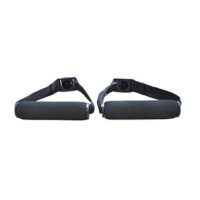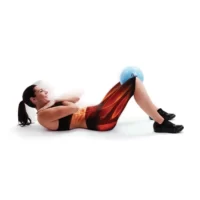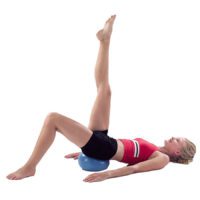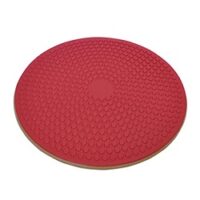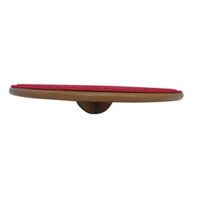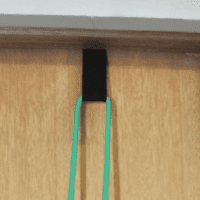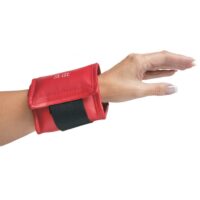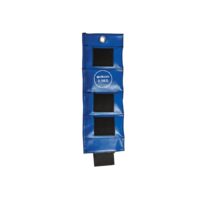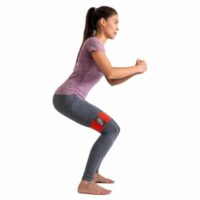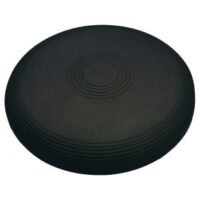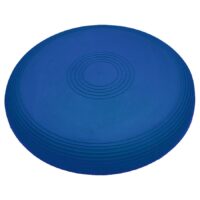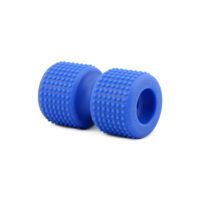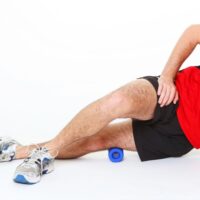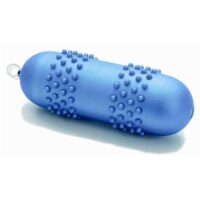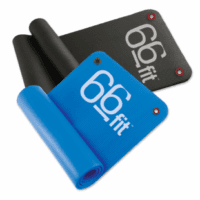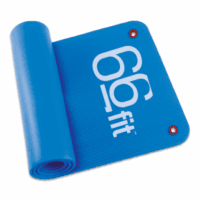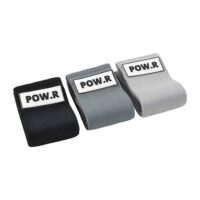Triathlon Injuries
Article by John Miller
Triathlon Injuries
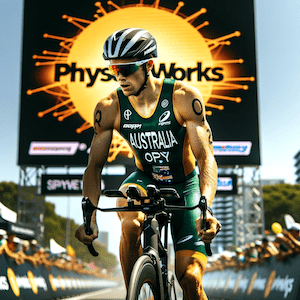
Triathlon & Para Triathlon
Triathletes are vulnerable to the full spectrum of sports injuries that could be sustained from swimming, cycling or running.
Most triathletes suffer overuse or overtraining injuries, but acute traumatic injuries can also occur during an event or training.
Relative Energy Deficiency in Sport or RED-S is a known concern.
Please visit the following links dedicated to the three disciplines of a triathlon:
Most Common Triathlon Injuries
Typically, the types of injuries triathletes deal with are overuse injuries.
Triathlon training repetitively stresses muscles, tendons, and the tissues around joints and bones. This continuous stress produces repetitive microtrauma.
Overuse injuries result from the body’s inability to keep up with repair of the damage created by repetitive microtrauma. The body’s tissue eventually breaks down — resulting in pain, inflammation, and weakness.
Ignoring the pain and inflammation and continuing to train will lead to macrotrauma and disruption of the tendon, muscle or bone. The worst-case scenario is an injury that could result in weeks or months away from your triathlon training and competition.
If you need advice or you need to manage your triathlete injury, we strongly recommend that you utilise professional advice. Poorly diagnosed and mismanaged injuries can ultimately interrupt your training and event schedules.
Common Triathlon Injuries
Triathlon can lead to several common injuries, such as:
- Shin Splints: Pain along the shin bone, often caused by overuse.
- Achilles Tendinopathy: Overloading of the Achilles tendon due to excessive running.
- Swimmer’s Shoulder: Shoulder pain resulting from repetitive swimming strokes.
- Lower Back Pain: Often due to prolonged cycling or running.
- IT Band Syndrome: Pain on the outer knee, commonly from cycling or running.
- Plantar Fasciitis: Heel pain caused by inflammation of the plantar fascia.
- Stress Fracture: Bone pain due to injury load exceeding healing rate.
- RED-S: Relative Energy Deficiency in Sport. A serious multifactorial condition related to overtraining and endurance athletes.
How To Treat Triathlon Injuries
The following treatment guidelines will obviously vary depending on your specific injury.
Treatment for most triathlon injuries includes:
Acute Injury Management
- Rest, Ice, Compression, Elevation (RICE)
Soft Tissue Management
- Massage, Dry Needling, Acupuncture and Muscle Stretching
- Neural Tissue Mobility
Muscle Control
- Daily program of Core Stability Training
- Strengthening Program to Correct any Muscle Imbalances
Biomechanical Correction
- Contributing Biomechanical Factors: identification and correction
- Orthoses to correct leg length discrepancies or foot deformities
- Professional evaluation/correction of your swimming style, running gait and cycle position eg Physio or Podiatrist
- Cycling Set-up Analysis
Training Analysis
It is important to ensure that you are undertaking a well-balanced training schedule to optimise your performance and minimise your injury risk.
For more significant or persistent injuries, a triathlete should seek out quality and informed medical advice applicable to triathletes. Health professionals can include your Sports Physiotherapist, Sports Physician, Sports Podiatrist, Sports Massage Therapist, Sports Dietitian and Sports Psychologist.



